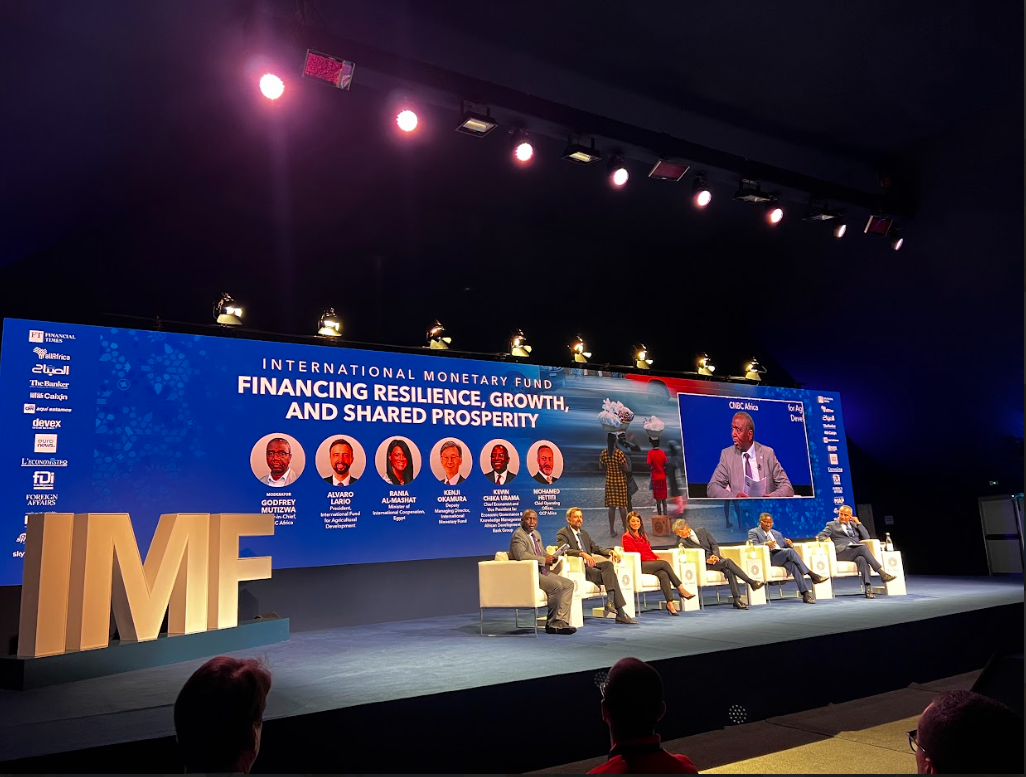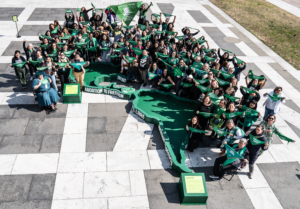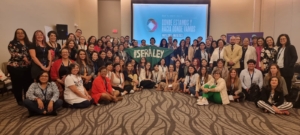A project to promote healthy eating that adheres to the national front labeling law was presented to the Córdoba Legislature. The initiative establishes stamp-free schools, promotes the public purchase of healthy foods and creates a monitoring commission made up of civil society organizations, among other things.
“Below, we offer a google translate version of the original article in Spanish. This translation may not be accurate but serves as a general presentation of the article. For more accurate information, please switch to the Spanish version of the website. In addition, feel free to directly contact in English the person mentioned at the bottom of this article with regards to this topic”.
On August 16, a project for adhesion to the Law for the Promotion of Healthy Eating (PAS), better known as the “labeling law,” entered the Córdoba Legislature, which presents the best standards among the adhesion laws sanctioned so far. . It was achieved through collaborative work between the team of legislator Miranda and legislator Labat, together with the College of Nutritionists of the Province of Córdoba and Fundeps. It hopes to have the support of all the blocks that consider it a priority to defend public health and access to adequate food for all consumers and, fundamentally, children.
To understand the importance of subnational progress in relation to the national front labeling law, we must look not only at the letter of the law but also at its implementation. The text explicitly obliges the provinces to guarantee the implementation of the law in their territories, but does not say how. It does not command adherence. For this reason, at the time of the sanction and regulation of the national law, the question arose: is it necessary for the provinces to adhere? What should and what can the provinces do to guarantee effective compliance with these recognized fundamental rights? How can we guarantee equality in the enjoyment of these rights throughout the territory? Despite the questions, what was not questioned is that the national standard is mandatory throughout the country beyond the strategies defined by the province.
It is important to highlight that the standard aims to address the food issue in a comprehensive and transversal way. For this reason, it not only introduces front labeling that allows warning about the true composition of what is being consumed, but also regulates aspects such as: healthy school environments, nutritional food education, marketing strategies of food industries, public purchases. carried out by the State, etc. That is why this law is recognized as a kind of suture of the great regulatory dispersion that exists in the regulation of the right to food in Argentina, and it is also seen as a model law for the region.
Now, the implementation of all these components of the law put at the center the challenges of federalism and the system of distribution of powers, and requires coordination between different ministries, agencies and levels of government. In this scenario, the issuance of adhesion or complementary regulations emerged as the best way to ensure the full implementation of all the measures established by law, and thus effectively protect the health of the population.
To date we have only 7 adhered provinces, which according to the regulatory map of labeling in Argentina reflects 63.3% progress at the national level, and this has to do with the fact that none of the regulations regulate the implementation of the different components of the law that require it.
The bill in Córdoba
In this scenario, the bill presented in Córdoba appears as a model to be followed by the rest of the provinces. It proposes broad and comprehensive local regulation, which ensures the effective application of all the measures provided by national law. Thus, it not only assumes the responsibility of controlling and supervising compliance with the front labeling of food products and national regulations on advertising, promotion and sponsorship of these products, but also expands the scope of restrictions on advertising in the areas of local jurisdiction, such as points of sale and public roads. It also defines what is meant by advertising aimed at children and adolescents, correcting an important deficiency in national regulations. Thus, the text achieves full protection of the environment against marketing strategies that aggressively encourage the purchase of products that harm health.
Also, it speaks out regarding the two crucial components that require the actions of the provinces.
- About school environments: prohibits the offer, sale and advertising of products with the seal within schools of all levels, formal and informal, and requires the permanent and free supply of drinking water; provides for the inclusion of food education in school curricula and teacher training plans; establishes that school cafeterias should prioritize the offer of fresh or minimally processed foods that come from local farmers; and provides that menus be designed by nutrition professionals and improvements are made to school infrastructure.
- About public purchases: the project accepts the criteria of national law and prioritizes the purchase of healthy foods in all types of contracts and food programs. A priority that becomes absolute if the recipients are children and adolescents.
Other points to highlight in the proposed regulations have to do with the definition of the Ministry of Health as the application authority in coordination with other ministries involved. This is essential so that all the measures taken in the different areas are considered from a public health approach. We also consider the provision of complaint channels, sanction systems and registration of offenders at the local level to be a success, which allow us to reinforce national mechanisms that have been presenting certain limitations in practice.
Another point of interest, which has to do with strengthening the availability of healthy foods, is the incentive to consume unprocessed and natural foods produced by regional economies and peasant, indigenous (and/or) family agriculture.
Finally, we want to emphasize that the project provides for the creation of a Consumer Commission made up of civil society organizations, consumers and professional associations whose objective is the protection of the rights involved. Commission that guarantees citizen participation in monitoring the implementation of the law and in the development of complementary policies.
For these reasons, it is an advanced law for the promotion of healthy eating in the province. It can set the path to be followed by other provinces that have not spoken out and also for provinces with simple accessions to dictate complementary regulations that ensure comprehensive compliance with this public health policy that is being a reference in the region.
We invite citizens to support and follow the process of processing the law in the legislature. Your involvement is essential so that the balance does not tip in favor of the interests of large food industries and the rights of the population, and fundamentally children, to enjoy a healthy life and healthy eating are protected.
Author
María Laura Fons
Contact
Maga Merlo Vijarra, magamerlov@fundeps.org



